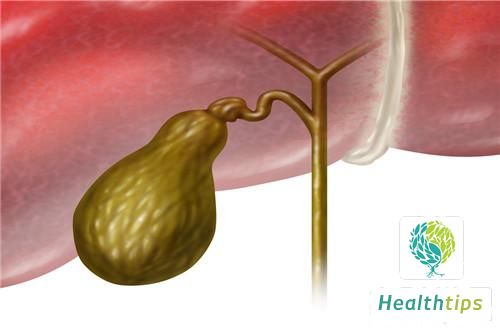Reasons for gallbladder shrinkage can be divided into physiological and pathological categories. Physiological factors mainly refer to excessive drinking or eating too much greasy food before physical examination. If the gallbladder does not return to normal after contraction during physical examination, gallbladder shrinkage may be detected, and further reexamination can be conducted after a period of time. Pathological factors include chronic cholecystitis, gallbladder stones, and congenital gallbladder shrinkage in some individual patients.

If excessive greasy food or alcohol is consumed before physical examination due to physiological factors, gallbladder contraction may occur. If the gallbladder has not returned to normal size during physical examination, symptoms of gallbladder shrinkage may appear. In this case, it is recommended to conduct a reexamination after a period of time. Chronic cholecystitis and gallbladder stones are common causes of gallbladder shrinkage, which are caused by repeated stimulation of the gallbladder by chronic cholecystitis and gallbladder stones, resulting in impaired gallbladder function. The functions of gallbladder contraction, dilation, storage, and concentration of bile will be affected. During examination, gallbladder shrinkage or even complete gallbladder atrophy may be found, and only strong echo images of stones in the gallbladder can be detected.
A small number of patients may experience congenital gallbladder shrinkage, but generally, the judgment of gallbladder shrinkage is based on imaging measurements, as well as the combination of gallbladder stones and gallbladder wall thickening to determine gallbladder function.

